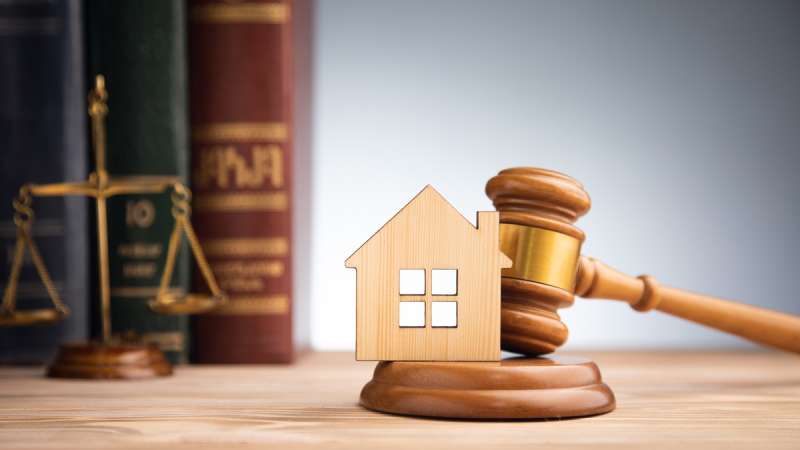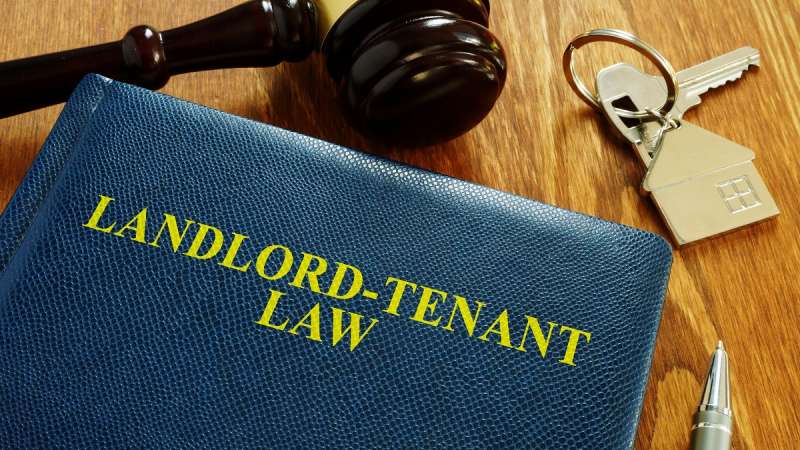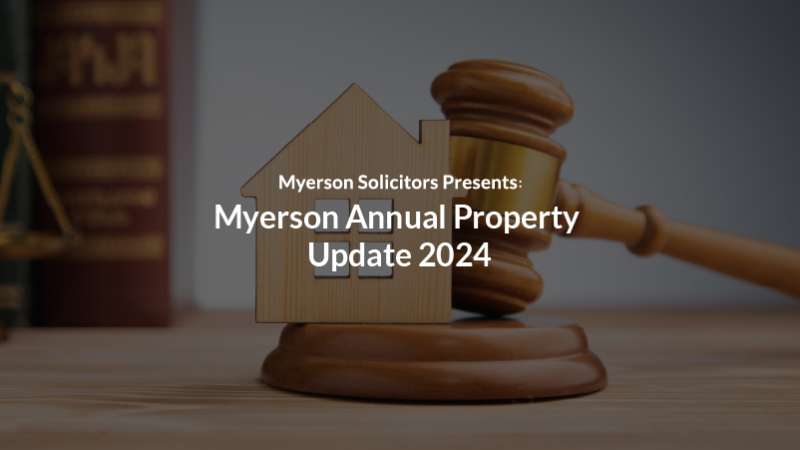Qualifying for enfranchisement
The right to enfranchise depends on the house, the lease and you meeting certain conditions.
The house
The house must be a building which is reasonably considered a house, divided vertically from any adjoining house. It does not matter if the building has been divided into flats as long as you have the lease of the whole house.
The lease
It must be a long lease, originally for a term of more than 21 years or with a right to renew.
What is included in the sale?
The right is to buy the freehold of ‘the house and premises’. The definition of ‘premises’ under the act includes any garage, outhouse, garden, yard and any items let to the leaseholder with the house. The premises must be let with the house, but this could be under an extra lease or deed.
The landlord can ask for the premises to be included in the sale if keeping them would cause the landlord hardship or inconvenience. Or they can ask to keep certain premises if they have an interest in these and might suffer hardship or inconvenience as a result of selling them.
The Procedure
The procedure for buying the freehold is set out in the 1967 act and in the Enfranchisement Regulations (the regulations). The procedure for houses does not follow the same clear timelines as when enfranchising flats or extending your lease.
The tenant’s notice
You start the process by serving a tenant’s notice on your landlord. Your landlord (or ‘reversioner’) is the person who has a tenancy of 30 years or more than you. This will usually be the freeholder. If there are any other landlords besides the freeholder, you should also serve a notice on them. The notice should be in the form set out in the regulations (the prescribed form) or should include the same information. If in doubt, it is best to use the prescribed form.
You do not have to include a proposed price in the notice. Serving the notice creates a contract between both sides to grant and accept the freehold. The contract is on the conditions of sale set out in the regulations. The price must be agreed using the formula in the legislation, see below.
You (and any joint leaseholders) should sign the notice. Case law has suggested that you can authorise an agent to sign the notice. You can serve the notice in person or post it to the landlord’s last known address in England and Wales.

The landlord’s response
If the landlord wants to serve a ‘notice in reply’, they should do this within two months of the date of the tenant’s notice. If the landlord does not serve a notice in reply, this does not prevent them from negotiating over the valuation or challenging whether the tenant`s notice is valid, although there could be cost consequences if the matter goes to court. Also, if the landlord does not serve a notice in reply, they cannot later challenge the extent of the premises they want to be included in, or excluded from, the claim.
If the landlord serves a notice in reply, the notice should state whether the landlord admits your claim to buy the freehold and, if not, why not. The landlord can ask for a deposit of three times the yearly rent of the property.
Procedure following the date allowed for the landlord`s reply
If the landlord admits your claim in the notice in reply, the procedure to follow is governed by the regulations, which set out the conditions of sale. These apply as well as the negotiations to agree the price.
Under the regulations, the sale should complete at least four weeks after the price is agreed. If you and the landlord cannot agree a price, you should apply to the First-tier Tribunal (Property Chamber), or the Leasehold Valuation Tribunal in Wales, for a decision on the price. The tribunal may also deal with any disputes relating to the sale (for example, the extent of the house or premises or the rights or conditions to be included in the sale).
If the landlord does not admit your claim (either in the notice in reply or by not serving a notice in reply), you will have to apply to the county court to buy the freehold.

Completing the sale
The sale can complete four weeks after the price is agreed. However, either you or the landlord can choose the actual completion date by giving the other a notice specifying the first working day four weeks after giving the notice.
If either you or the landlord fails to meet the responsibilities arising from the tenant’s notice or conditions of sale set out in the regulations, the other can serve a two-month ‘default’ notice. This notice should refer to condition 10 of the conditions of sale, explain which responsibility has not been met, and ask for this to be put right before the end of the notice.
If the leaseholder does not meet the requests of the default notice, the contract will end and the landlord can keep the deposit. If the landlord fails to meet the requests of the notice, the contract will end, you do not have to pay the landlord’s costs, and the landlord will return the deposit.
In most cases, you will want the contract to be completed so are unlikely to serve a default notice. If the landlord is not meeting their responsibilities, you are more likely to use other solutions, such as applying for a court order to force the landlord to complete the sale.
Why Work With Our Property Litigation Team
- Our property litigation lawyers have been ranked as a top-tier law firm by the Legal 500 for the last seven years.
- You will have access to more than 30 property experts across the Myerson Property Group, including commercial property, construction, residential property conveyancing and development.
- You will receive city-quality commercial property legal advice at regional prices.
- We provide a partner-led service to ensure you receive the best legal advice and commercially-minded support.
- Our property litigation solicitors compromise a large team which is capable of meeting your deadlines.
- We understand that each transaction is bespoke to your individual circumstances and that you need support from a property lawyer who is experienced in dealing with a wide variety of clients and types of work.
- We are a full-service law firm operating from a one-site office, which means our teams communicate effectively and efficiently.
- We use the latest technology to ensure that we are working as efficiently as possible and that geographical distance is no bar to us from providing excellent client service.
- We were the winners of ‘Property Team of the Year 2021’ at the Manchester Legal Awards.
- We provide free newsletters and webinars to all our clients to keep you up to date with the real estate sector and changes in the law. Watch our latest property update webinar here.
- Take a look at the Myerson Promise for further benefits of working with us here.
Testimonials
Our Property Litigation Team
Home-grown or recruited from national, regional or City firms. Our property litigation lawyers are experts in their fields and respected by their peers.
Contact Our Property Litigation Team
To speak with one of our expert Property Litigation Solicitors, complete the form below or alternatively you can call us on:






